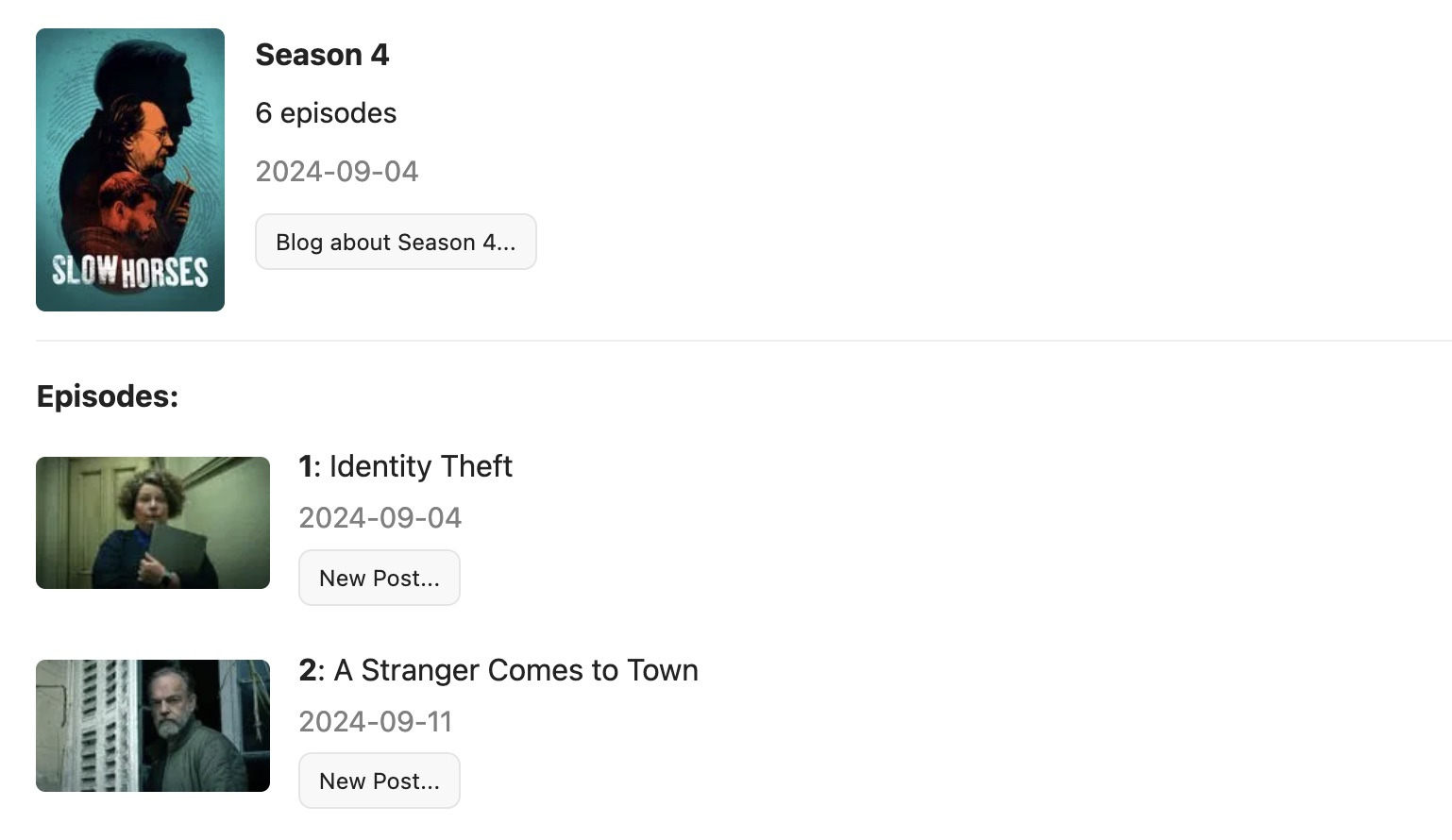People and blogs involved with and about the IndieWeb community, the fediverse, and/or the open web in general.
Default Isn’t Design
Framework monoculture is a psychology problem as much as a tech problem. When one approach becomes “how things are done,” we unconsciously defend it even when standards would give us a healthier, more interoperable ecosystem. Psychologists call this reflex System Justification.
The explains a lot about React-driven front-end development!
When a single toolset becomes the default, we don’t just prefer it, we build narratives that justify it. And that’s when a tool quietly becomes a gate or even a destructive force.
The Lifeblood of the Web · Matthias Ott
If you need to convince someone – your boss, your team, your family, or also yourself – then explain that going to a conference isn’t just another trip away from “real work.” No, this is the real work: investing in your craft, your connections, your growth.
Matthias nails why should go to events …like, say, Web Day Out.
There’s something magical about walking into a conference venue in the morning. The hum of first conversations, the smell of coffee, the anticipation, and the smiling faces. And the unspoken feeling that we all belong here, that we are here for the same reason: because we care about the same things and we all have, in some way or another, built our lives around the Web.
I try never to miss an opportunity to catch a train crossing.
Reasoning
Matt Mullenweg
• Matt
Nanochat & MCP
Probably the most interesting thing on the internet today is Andrej Karpathy’s nanochat, “a minimal, from scratch, full-stack training/inference pipeline of a simple ChatGPT clone in a single, dependency-minimal codebase.” 8,000 lines of beautiful code, as Simon Willison notes. If you want to understand how LLMs work, study this. Andrej is a code poet. In … Continue reading Nanochat & MCP →
Chris Aldrich
• Chris Aldrich
Dave Winer getting ready for his talk at WordCamp:
Twitter comes online, we try to work with it. Unless your ideas fit in 140 chars, don’t use links, or style, and you never make mistakes that need correction, it just doesn’t work.
The ideal is to write in our blog space, and publish everywhere.
Quick update on today’s TV show rollout in Micro.blog, added a new button to make it easy to link to the entire season, not just one episode. Here’s a screenshot.

Monday session

Monday session
John Gruber blogging about the end of Apple’s Clips:
Edits, Meta’s new-this-year video editing app for mobile, has a clear use case: it’s meant for editing videos destined for Meta’s popular social media networks. Clips had no clear target destination. It could have, but never did.
The web crashes
Live
Expanded the movies section of Micro.blog to add searching for TV shows, including browsing seasons and episodes. Here’s a 30-second video of how it looks:
Where’s the AI design renaissance?
I’ve had some incredibly productive moments with AI design tools. But I’ve had at least as many slogs, where I can’t get it to do some basic thing I should’ve done myself 45 minutes ago.
My hunch: vibe coding is a lot like stock-picking – everyone’s always blabbing about their big wins. Ask what their annual rate of return is above the S&P, and it’s a quieter conversation 🤫
This, in my opinion, is how we end up with a firehose of AI hype, and yet zero signs of a software renaissance. As Mike Judge points out, the following graphs are flat: (a) new app store releases, (b) new domain names registered, (c) new Github repositories.
Ben Werdmuller
• Ben Werdmuller
Build what makes you special. Buy the rest.

A framework for newsroom build vs buy decisions.
Matt Mullenweg
• Matt
Last Ball
If you appreciate golf at all, the story of how Tiger Woods won the U.S. Open at Pebble Beach without knowing he was down to his last golf ball because of arcane rules is pretty interesting.
Untitled
📕 Finished reading In Defense of Dabbling by Karen Walrond ISBN: 9781506487656
Chris Aldrich
• Chris Aldrich





